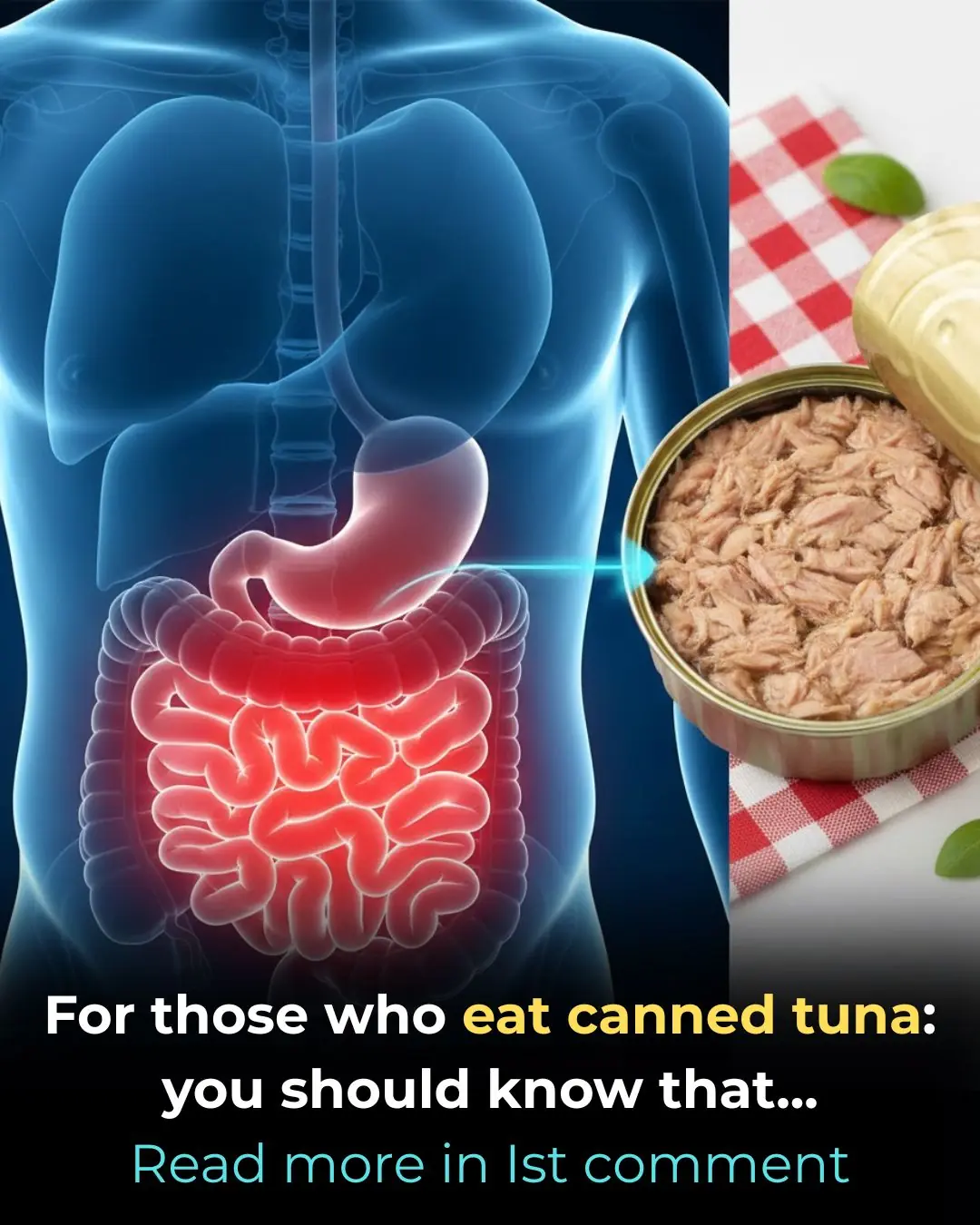
The #1 vitamin that can eliminate varicose veins—see how it fixes venous insufficiency!
Have you ever noticed your legs feeling heavy, swollen, or even tingly — and just assumed it’s part of getting older? You’re not alone. Many people think circulation problems are an unavoidable side effect of aging. But here’s the truth: age isn’t always the real cause. In many cases, sluggish circulation stems from a lack of key nutrients that your body needs to keep blood flowing smoothly.
When your nutrient levels drop, the walls of your blood vessels can weaken. Over time, this makes it harder for your blood to move efficiently, especially in your arms and legs. The result? That uncomfortable feeling of heaviness, swelling, and fatigue.
The good news is that this process can often be slowed—or even reversed—through better nutrition. Certain vitamins and minerals have been proven to support circulation, strengthen vein walls, and improve oxygen delivery throughout your body. Let’s explore ten of the most important nutrients for healthy blood flow, why they matter, and how to get them naturally from your daily diet.
(If you’re dealing with chronic swelling, cramps, or fatigue, it’s always wise to consult your doctor first. Nutrient support can help, but it’s important to rule out any underlying conditions.)
💓 Why Circulation Is More Important Than You Think
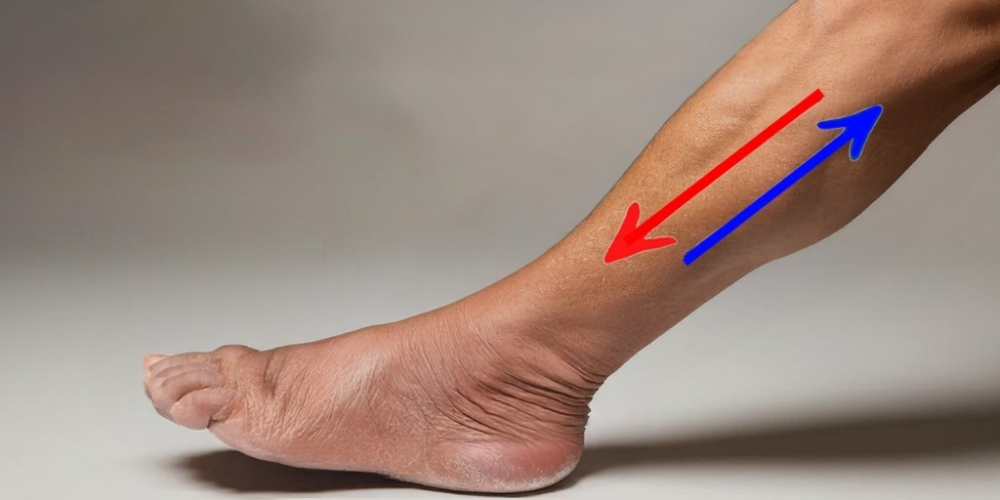
Your circulatory system is like your body’s highway — delivering oxygen, nutrients, and hormones to every cell while carrying away waste. When blood flow slows down, your cells don’t get the oxygen they need, leading to fatigue, brain fog, cold hands and feet, and even varicose veins or skin discoloration.
Good circulation isn’t just about comfort; it’s about longevity and vitality. Healthy blood flow helps keep your heart strong, your brain sharp, and your skin glowing. And the secret to optimal circulation often starts at the dinner table.
🌿 The 10 Key Nutrients for Better Circulation
10️⃣ Magnesium — The Unsung Hero of Circulatory Health
Magnesium is one of those minerals that quietly keeps hundreds of processes running smoothly in your body—over 300 biochemical reactions, to be exact. It supports heart rhythm, muscle relaxation, and blood vessel flexibility.
Low magnesium levels can lead to tiredness, muscle cramps, anxiety, poor sleep, and even high blood pressure. Many people are deficient without realizing it because standard blood tests only measure what’s in your bloodstream—not what’s stored in your cells.
Signs of deficiency include frequent muscle cramps, fatigue, brain fog, or elevated blood pressure.
Best food sources: Spinach, kale, almonds, pumpkin seeds, cashews, and dark chocolate.
Adding a handful of nuts or a green smoothie to your day can go a long way.
Bonus tip: Magnesium glycinate or citrate are highly absorbable supplement forms if diet alone isn’t enough.
9️⃣ Vitamin D — More Than Just a Bone Builder
Most people associate Vitamin D with bone strength, but it’s equally critical for vascular health. It supports the endothelium—the delicate lining inside your blood vessels—helping them stay elastic and responsive.
Low Vitamin D can lead to inflammation and stiffness in the arteries, reducing blood flow and raising blood pressure.
How to tell if you’re low: You might feel tired, have low mood, weak muscles, or get sick often.
How to fix it: Spend 15–20 minutes in sunlight each day and include foods like fatty fish (salmon, sardines), egg yolks, or fortified milk.
For many adults, a supplement of 1,000–2,000 IU daily (under medical guidance) can help maintain healthy levels.
8️⃣ Vitamin K2 — The Calcium Traffic Controller
While Vitamin D helps your body absorb calcium, Vitamin K2 makes sure it goes to the right places—your bones, not your arteries. Without enough K2, calcium can deposit in your vessel walls, making them stiff and narrow.
K2 essentially acts as your body’s “traffic cop” for calcium, keeping your arteries flexible and clean.
Top sources: Fermented foods like natto, sauerkraut, kefir, and certain cheeses. For a plant-based option, look for fermented soy or vegan K2 supplements (menaquinone-7 or MK-7 form).
Regular intake can reduce the risk of arterial calcification and improve circulation, especially in older adults.
7️⃣ Vitamin C — The Vessel Strengthener
Vitamin C is best known for supporting the immune system, but it’s also crucial for building strong blood vessel walls. It helps your body produce collagen—the protein that gives structure to your veins and arteries.
When Vitamin C levels drop, vessel walls weaken, making them more likely to stretch, swell, or leak.
Vitamin C also enhances iron absorption, which is essential for forming red blood cells that carry oxygen.
Best food sources: Citrus fruits, strawberries, bell peppers, kiwis, broccoli, and kale.
Adding more colorful produce to your diet each day is a simple way to strengthen your circulatory system.
6️⃣ Coenzyme Q10 — The Cellular Energizer
Coenzyme Q10 (CoQ10) acts like a spark plug for your cells, fueling the production of energy (ATP). It’s also a powerful antioxidant that protects your heart and blood vessels from oxidative damage.
As we age, CoQ10 levels naturally decline, which can lead to fatigue, muscle weakness, and sluggish circulation.
Studies show that CoQ10 supplementation can lower blood pressure, improve arterial function, and increase energy levels in people with cardiovascular issues.
Best food sources: Sardines, mackerel, sesame seeds, broccoli, cauliflower, and oranges.
If you’re over 40 or on statins, a daily 100–200 mg CoQ10 supplement may be beneficial.
5️⃣ L-Arginine — The Natural Vasodilator
L-Arginine is an amino acid that helps your body make nitric oxide, a molecule that relaxes and widens blood vessels. This boosts blood flow, lowers blood pressure, and delivers more oxygen to your tissues.
Athletes often use L-Arginine for performance, but it’s just as useful for anyone with poor leg circulation or cold hands and feet.
Good sources: Lentils, chickpeas, peanuts, pumpkin seeds, and soybeans.
Tip: Combining L-Arginine with antioxidants like Vitamin C enhances its nitric oxide–boosting effect.
4️⃣ Potassium — The Blood Pressure Balancer
Potassium helps your blood vessels relax and keeps your sodium levels in check. Too much sodium from processed foods causes your body to retain water, raising blood pressure and straining your heart.
Potassium acts like a natural counterbalance, helping flush excess sodium and ease blood vessel tension.
Best food sources: Avocados, leafy greens, sweet potatoes, mushrooms, and bananas.
Try to include at least one potassium-rich food at every meal to support steady circulation.
3️⃣ Nitrates — Nature’s Blood Vessel Relaxers
Certain vegetables contain natural nitrates that your body converts into nitric oxide. This process helps arteries widen, improving oxygen flow and lowering blood pressure.
Top sources: Beets, spinach, arugula, and Swiss chard.
Even a small daily serving—like a beet smoothie or leafy green salad—can noticeably improve stamina and circulation.
2️⃣ Folic Acid (Folate) — The Oxygen Transporter
Folate is vital for making new red blood cells, which transport oxygen throughout your body. When you don’t get enough, you risk developing anemia—causing fatigue, dizziness, and poor concentration.
Folate also helps convert homocysteine (a harmful amino acid) into harmless compounds. High homocysteine levels are linked to blood vessel damage and poor circulation.
Best food sources: Leafy greens, legumes, asparagus, oranges, and avocados.
Consider a daily B-complex vitamin if your diet is lacking in fresh produce.
1️⃣ Niacin (Vitamin B3) — The Peripheral Flow Enhancer
Niacin supports fat metabolism and cellular energy production, but its real claim to fame is improving peripheral circulation—the flow of blood to your extremities.
It widens small blood vessels, helping deliver oxygen and nutrients to your legs, feet, and hands. This can relieve symptoms like coldness, numbness, or cramping.
Top sources: Mushrooms, avocado, peanuts, whole grains, and brown rice.
Just one serving of mushrooms or a handful of nuts each day can help improve circulation naturally.
⚙️ Simple Lifestyle Steps for Better Circulation
🩵 Maintain a Healthy Weight
Extra weight, especially around your midsection, can press on veins and slow down blood return from your legs. Even modest weight loss—just 5–10% of your body weight—can significantly ease pressure on your circulatory system and reduce swelling.
🧘 Manage Stress
Chronic stress floods your body with cortisol and adrenaline, tightening your arteries and raising blood pressure. Over time, this can lead to inflammation and vessel damage. Try daily relaxation habits like yoga, deep breathing, or a short walk outdoors to help your body reset.
🚶 Get Moving

Movement is medicine for your veins. Exercise strengthens your heart, improves blood flow, and keeps your vessels elastic. You don’t have to overdo it—30 to 45 minutes of brisk walking, cycling, swimming, or dancing daily can make a real difference.
Bonus tip: Avoid sitting or standing for too long. Flex your ankles, stretch, or take quick walks to keep blood moving.
💬 Final Thoughts: Nourish Your Circulation, Transform Your Health
Taking care of your circulatory health is one of the smartest investments you can make in your long-term well-being. By focusing on these ten key nutrients—along with a balanced diet, stress control, and regular movement—you can boost your body’s natural ability to keep blood flowing freely.
Remember: small, consistent actions create powerful results. Whether it’s adding an extra serving of greens, taking a daily walk, or getting a little morning sunshine, every step helps your blood vessels stay strong and your energy levels high.
If you have ongoing issues like swelling, cramps, or unexplained fatigue, don’t ignore them—talk to your healthcare provider. With the right guidance, nutrition, and lifestyle choices, you can revitalize your circulation and feel stronger from the inside out.
✅ This content is for educational purposes and not a substitute for professional medical advice. Always consult your doctor before beginning new supplements or major lifestyle changes.
News in the same category

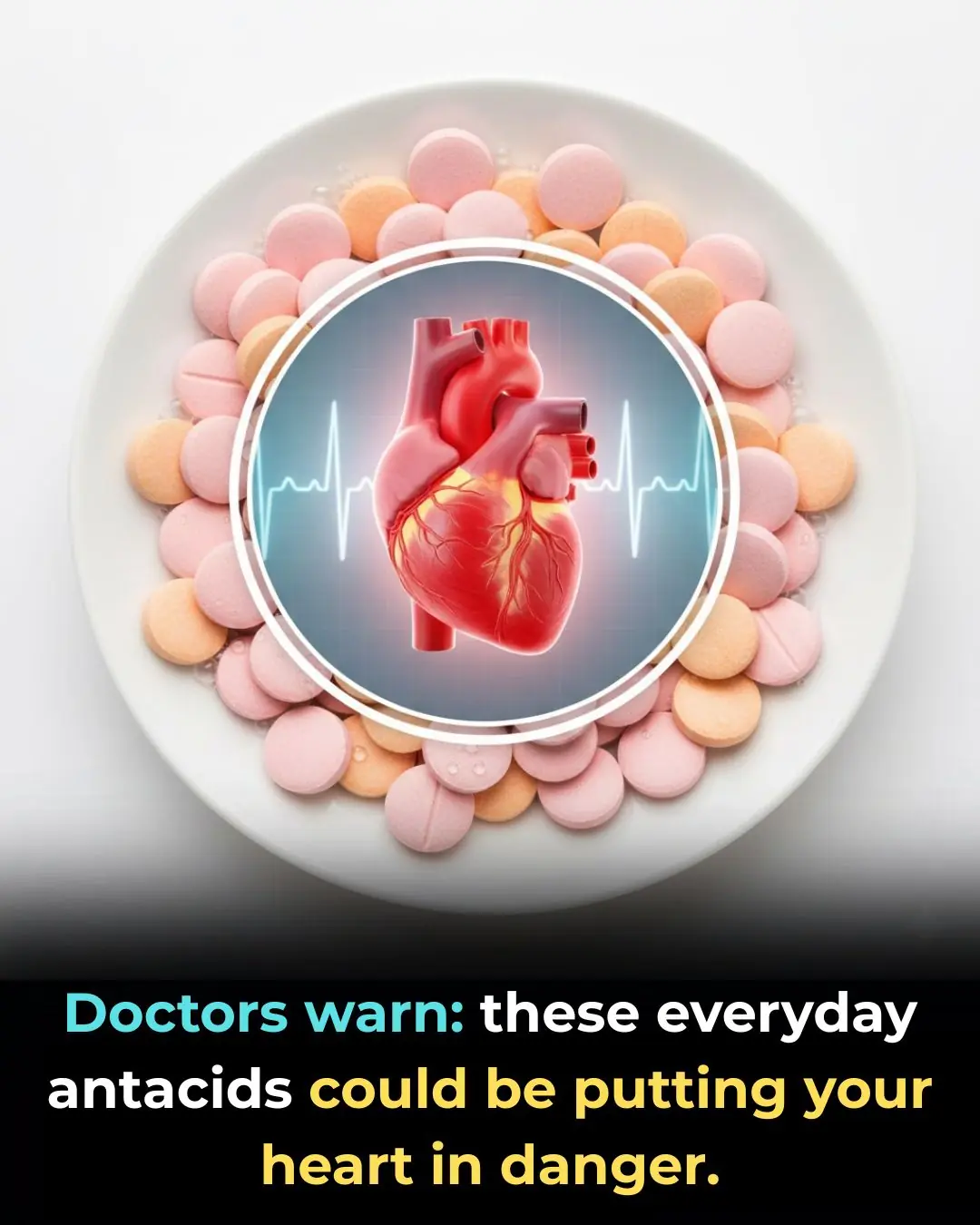
Doctors warn: these everyday antacids could be putting your heart in danger
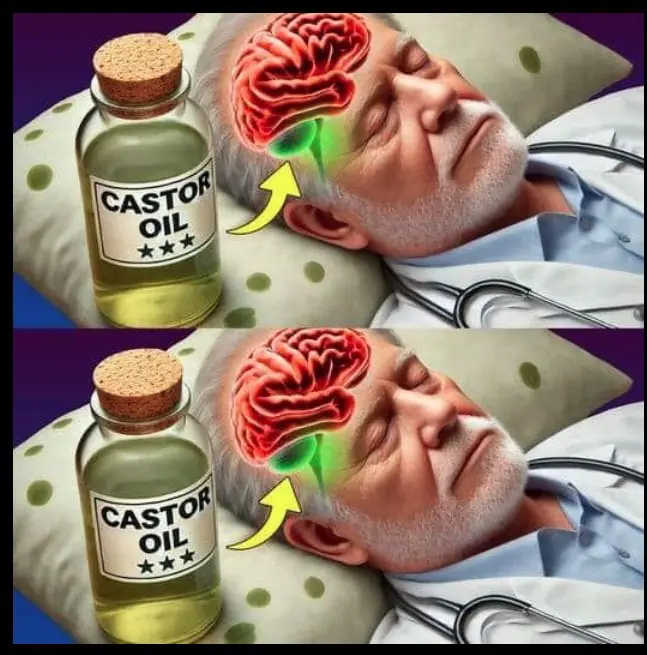
Doctors Reveal What Really Happens When You Use Castor Oil

The Natural Secret Doctors Never Tell You That Melts Away Uric Acid Fast
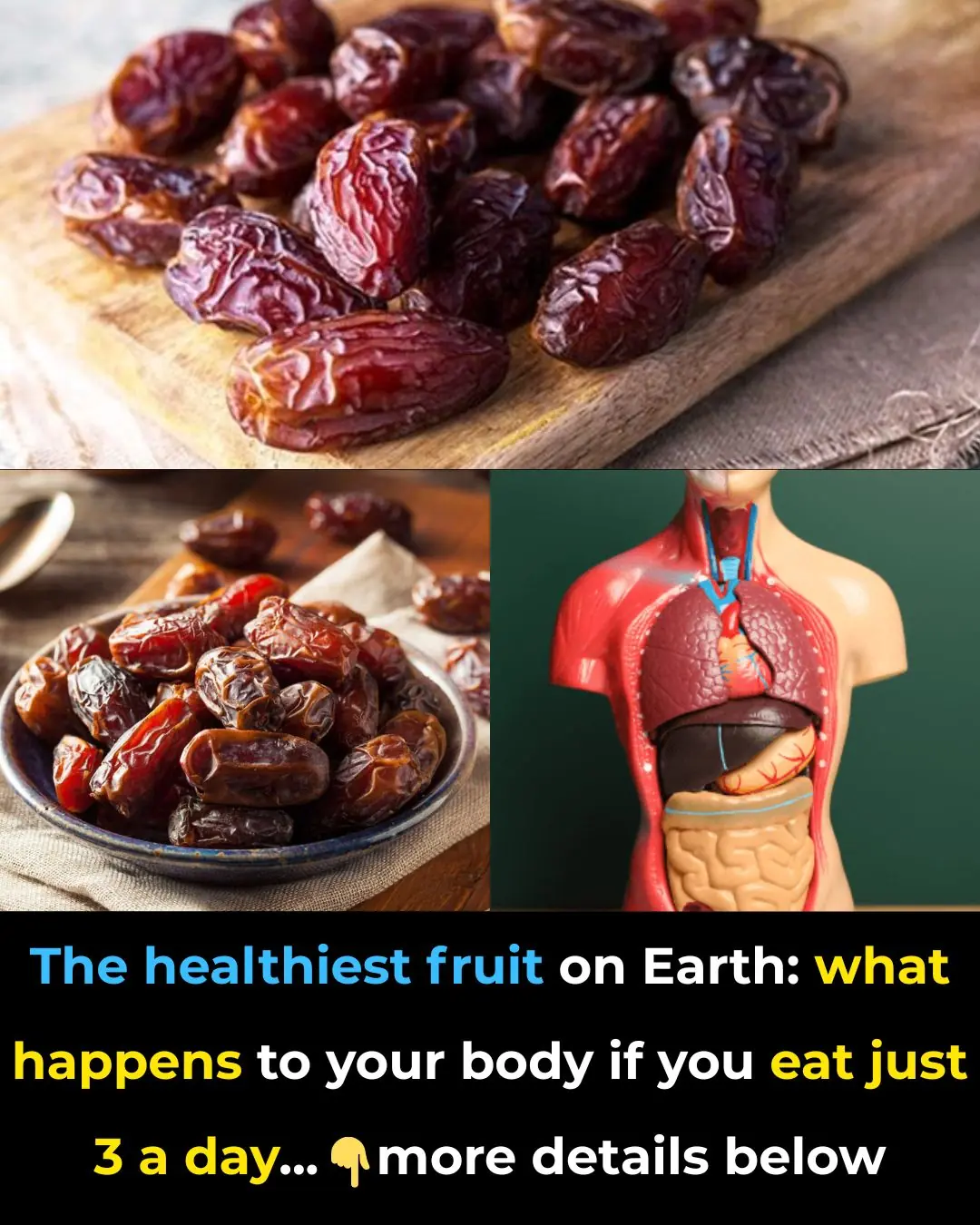
9 Convincing Reasons to Consume More Dates
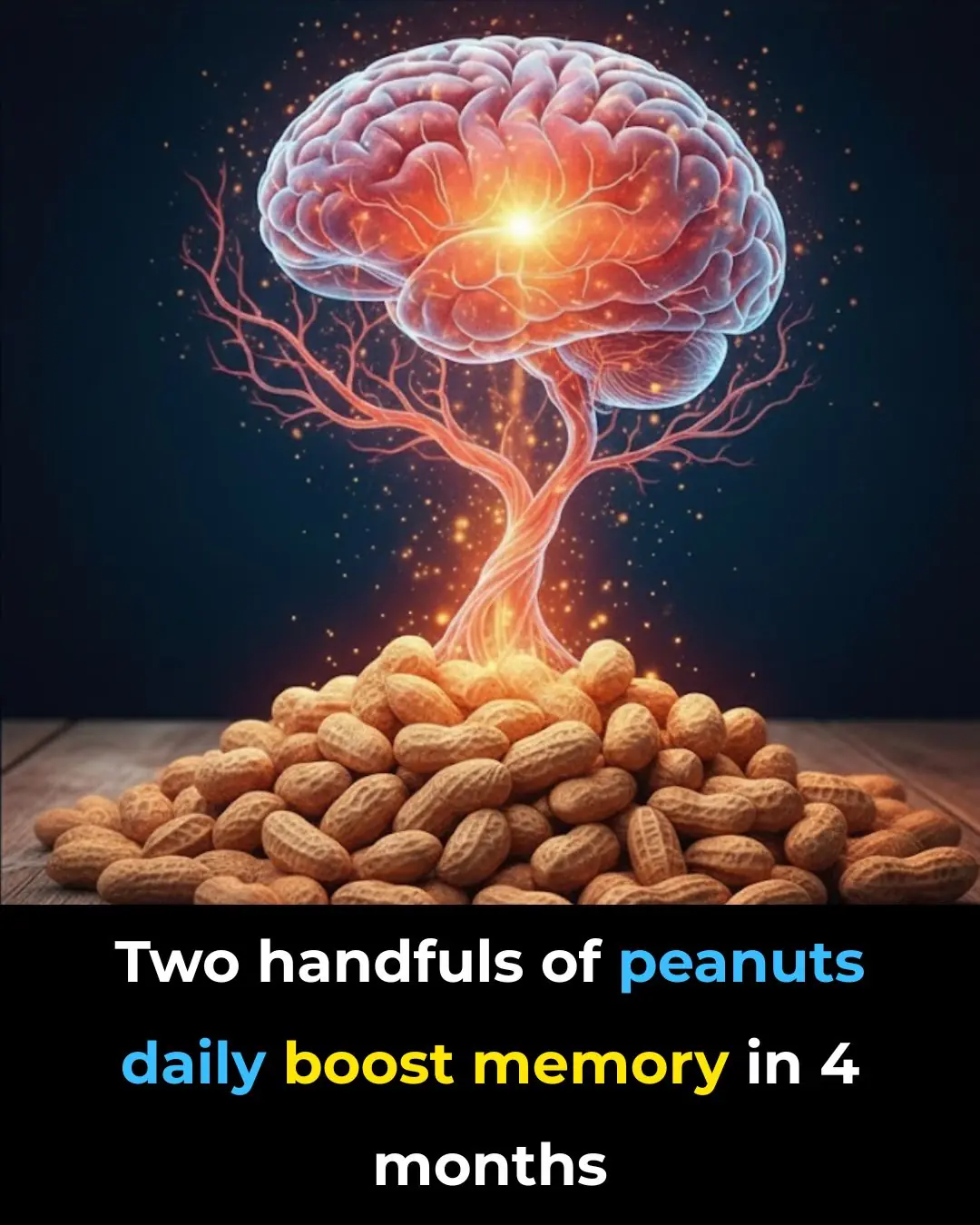
Two handfuls of peanuts daily boost memory in 4 months
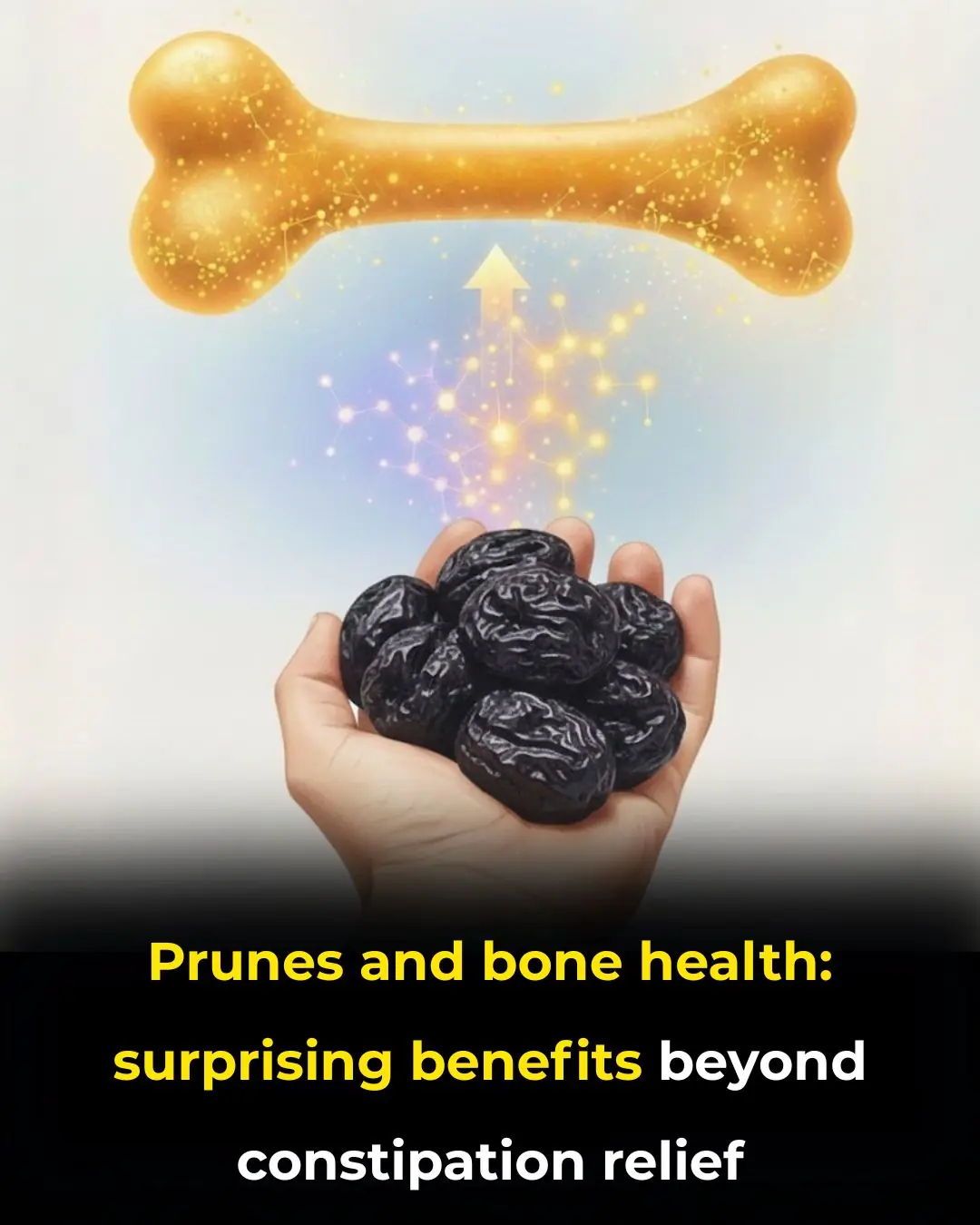
Prunes and bone health: surprising benefits beyond constipation relief
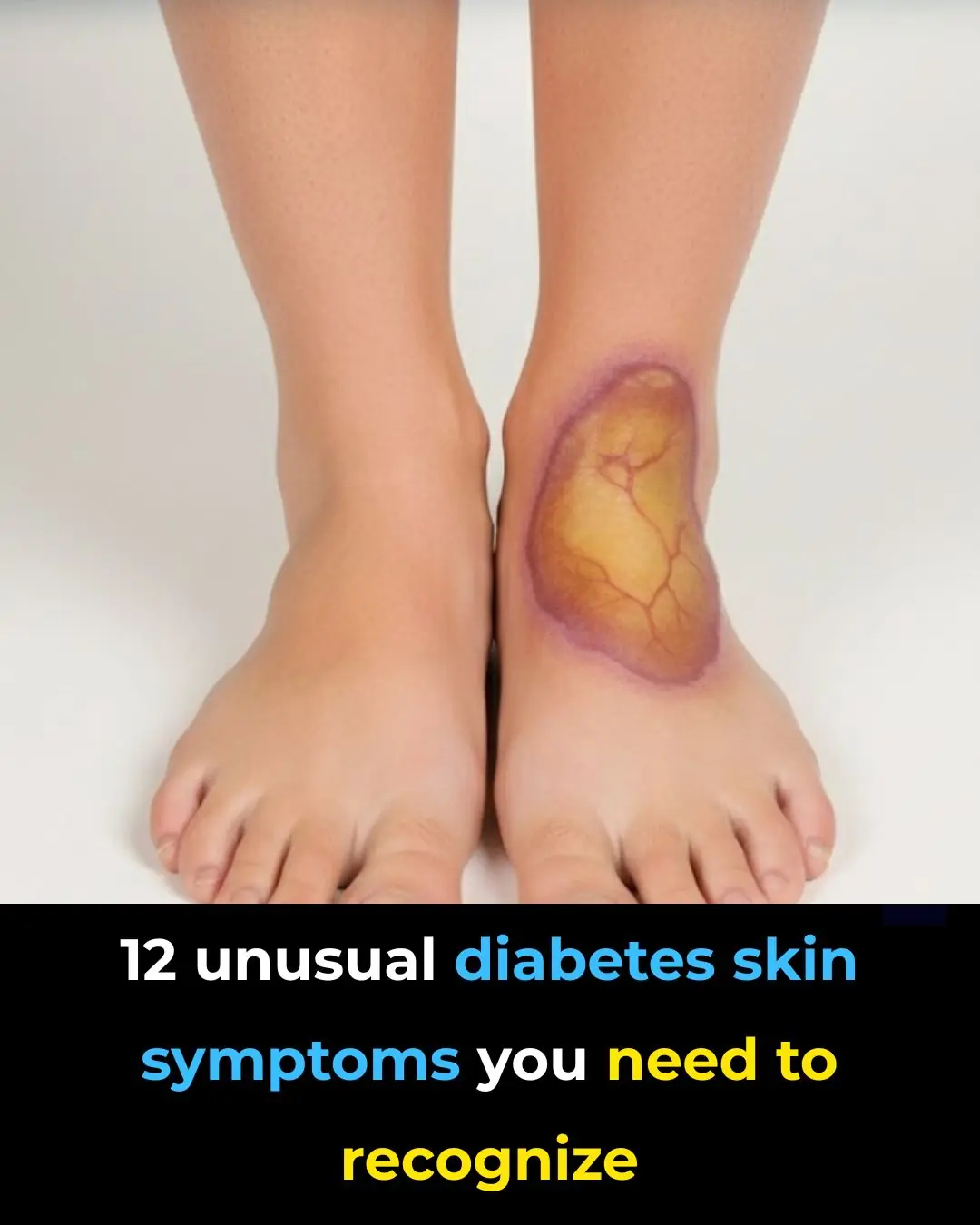
12 Weird Diabetes Skin Problems You Need To Know
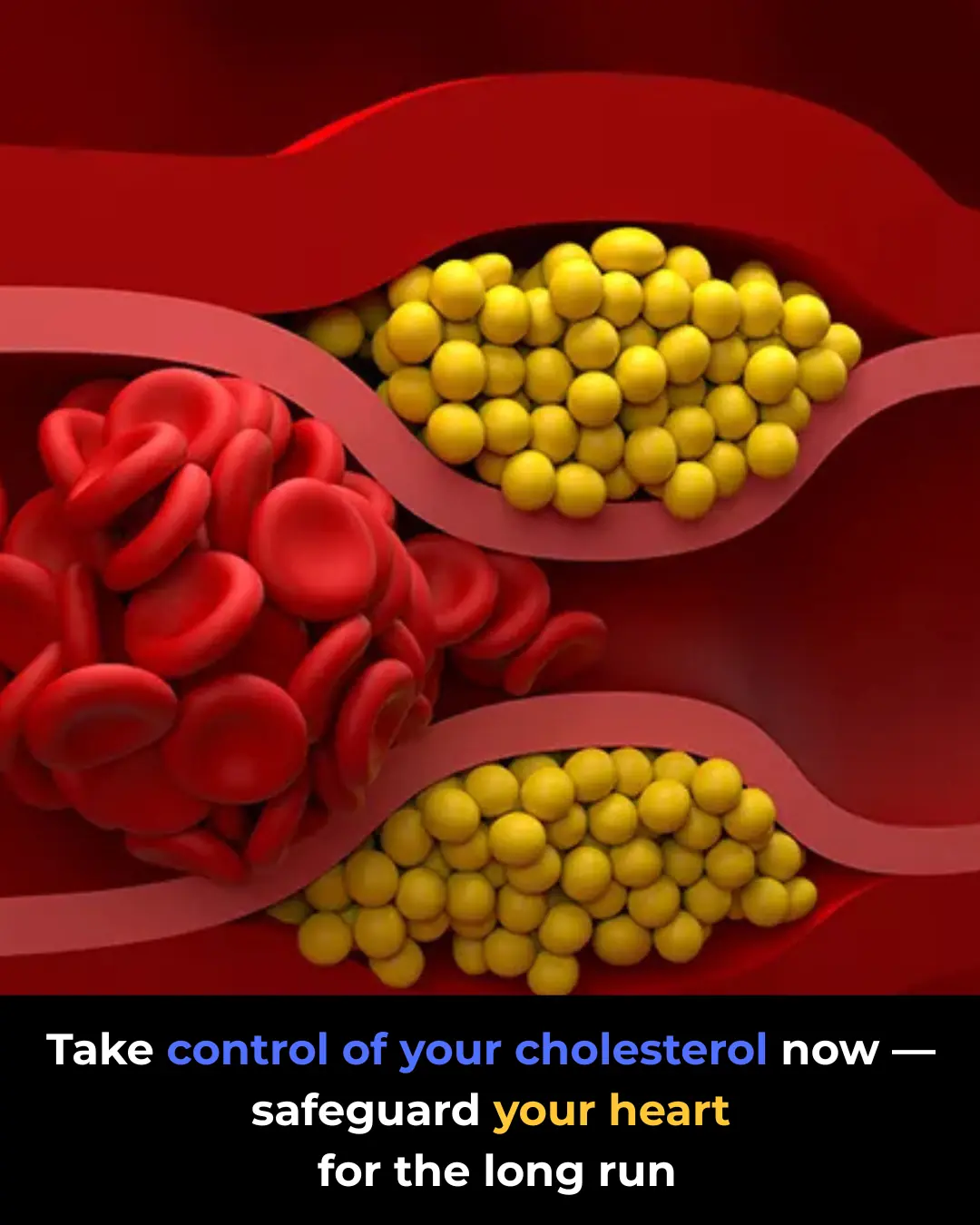
High Cholesterol: Causes, Risks, and Natural Ways to Lower It
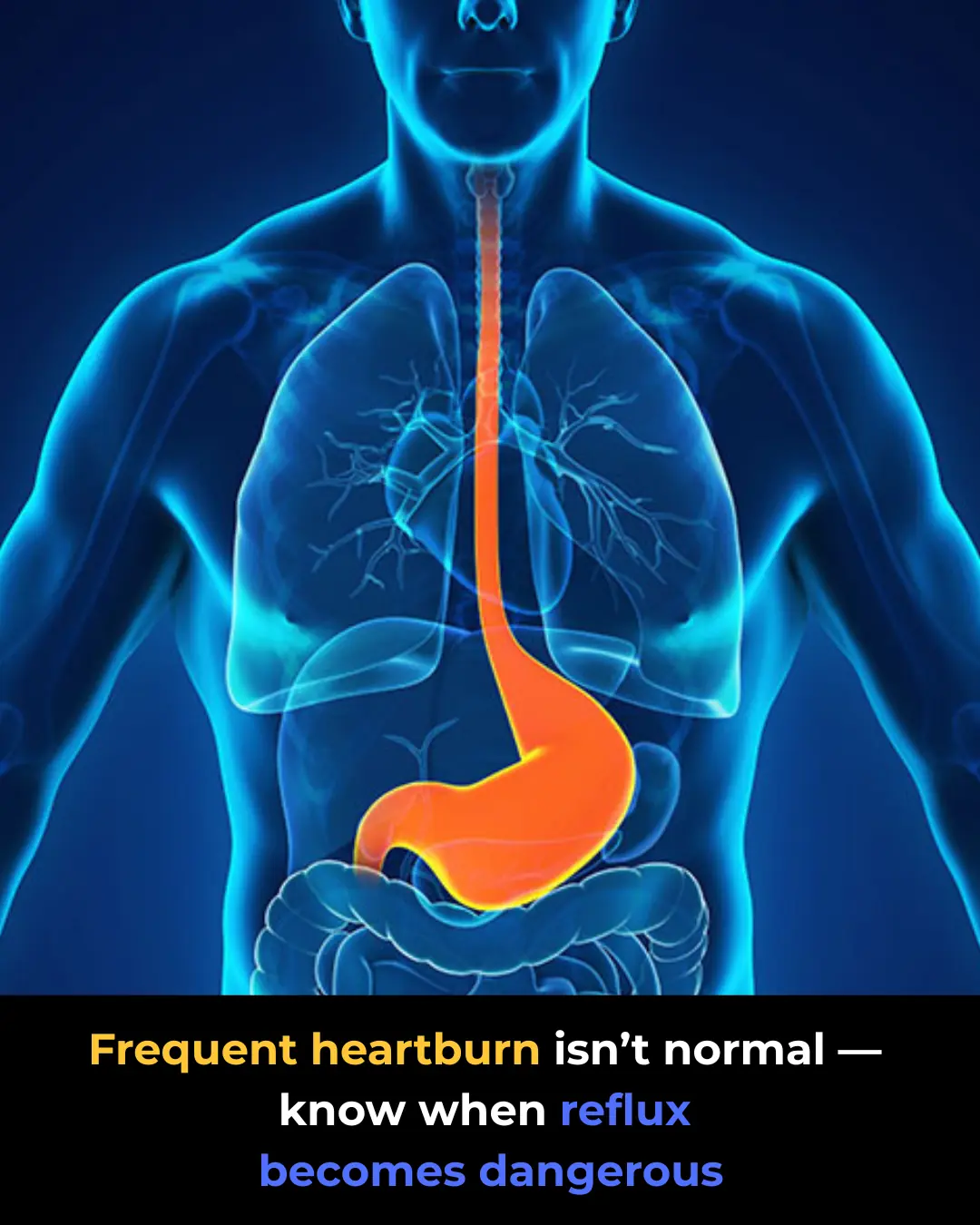
Acid Reflux (GERD): When Should You See a Doctor?

Hypothyroidism: The Silent Condition With Easily Overlooked Symptoms

3 pain areas on your body that might be early cancer warning signs

A New Era of Near Vision Clarity Through VIZZ Eye Drops

Vaping harms your heart more than you realize

Ever Wake Up But Can’t Move
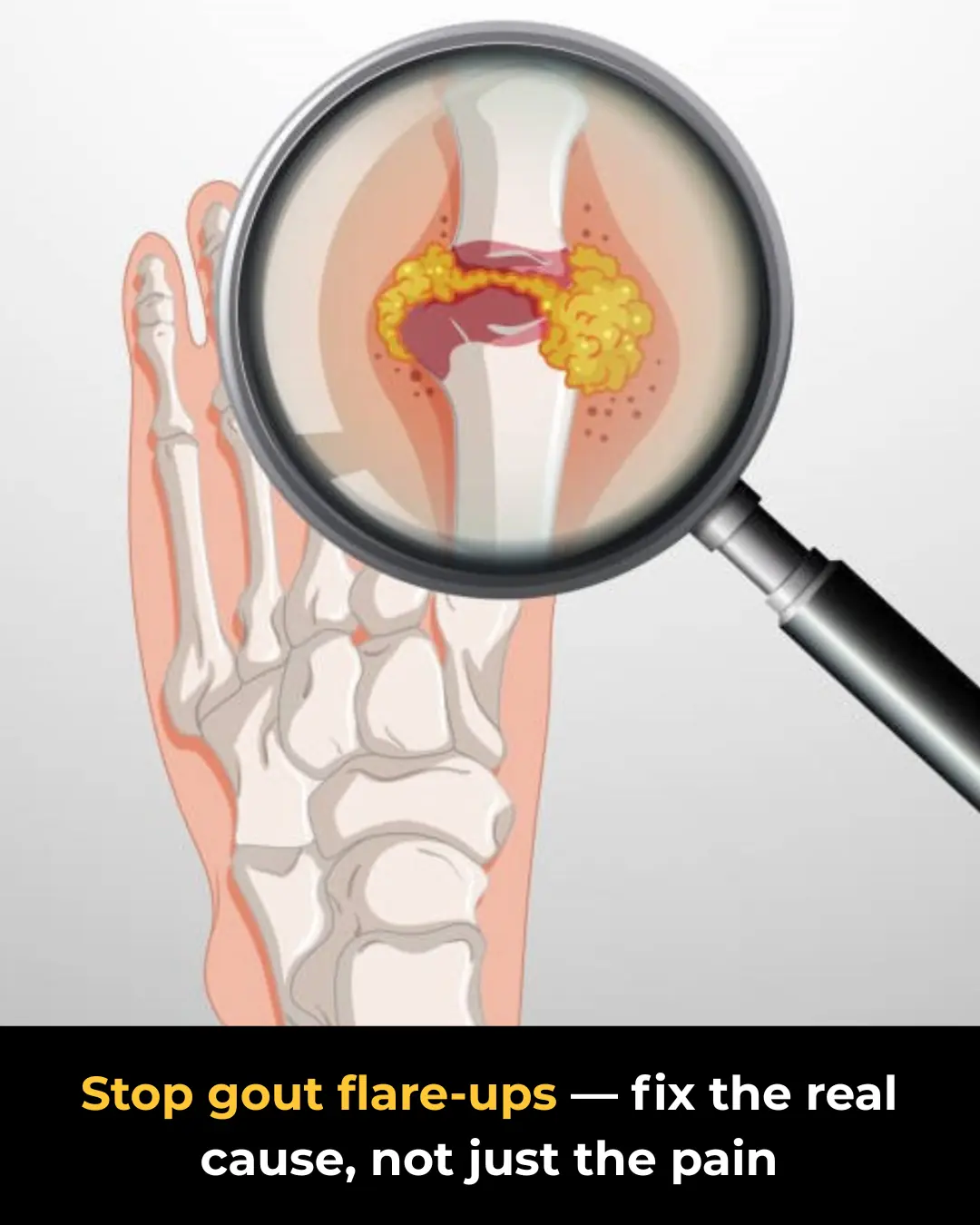
Gout Disease: The Untold Truth and 5 Common Treatment Mistakes
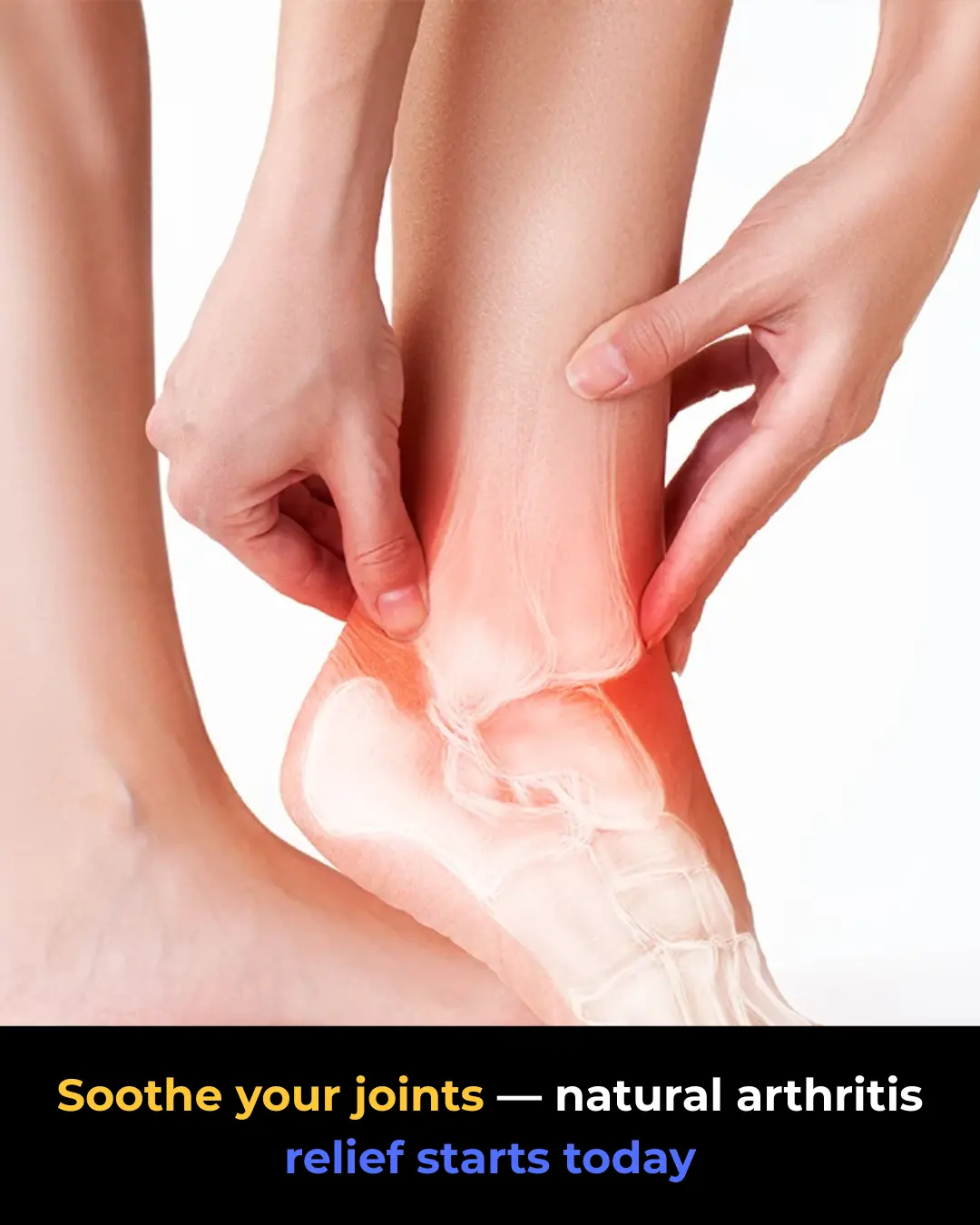
Arthritis Explained: Types, Causes, and Natural Pain Relief Methods
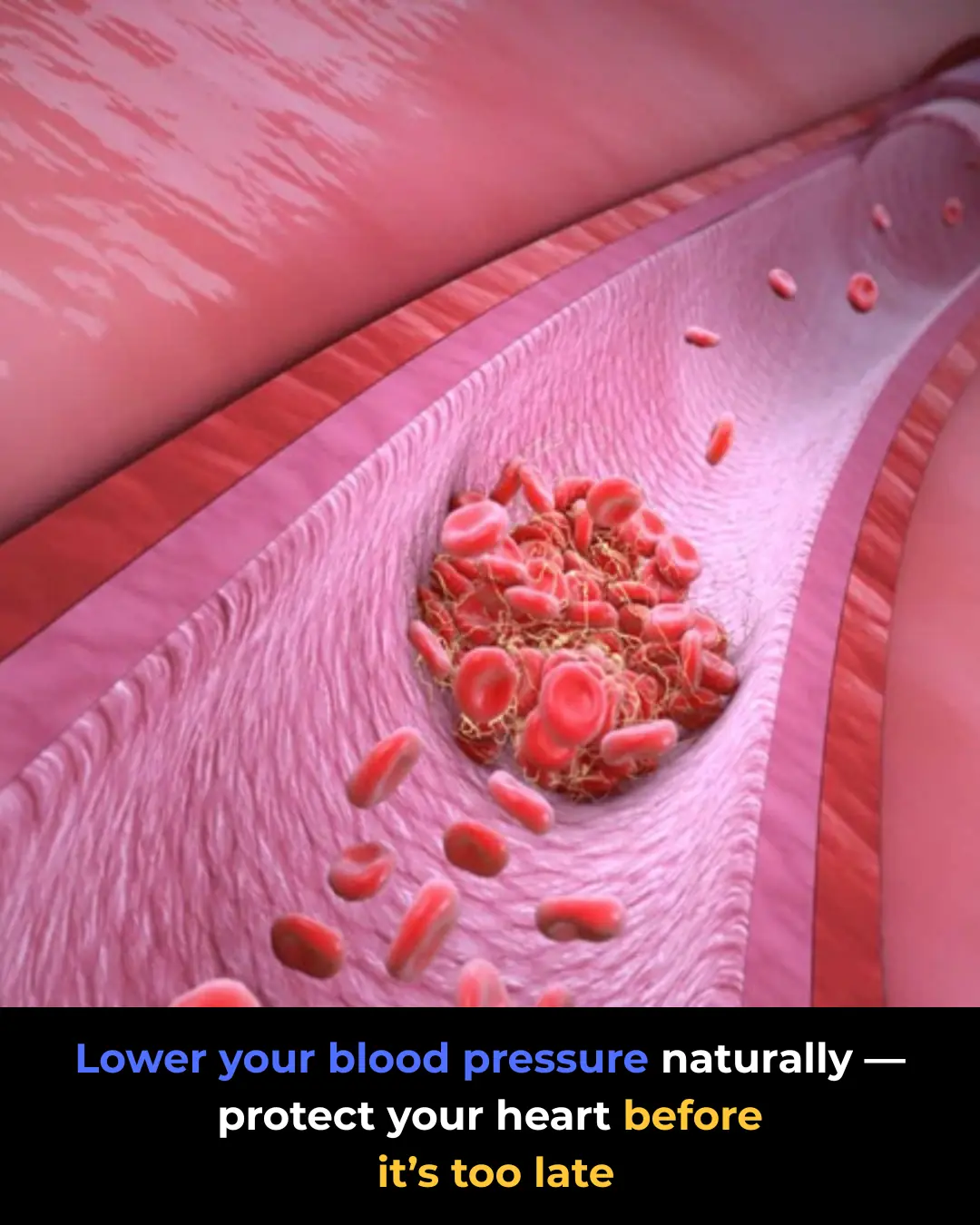
High Blood Pressure: Why It’s Dangerous and How to Stabilize It Naturally
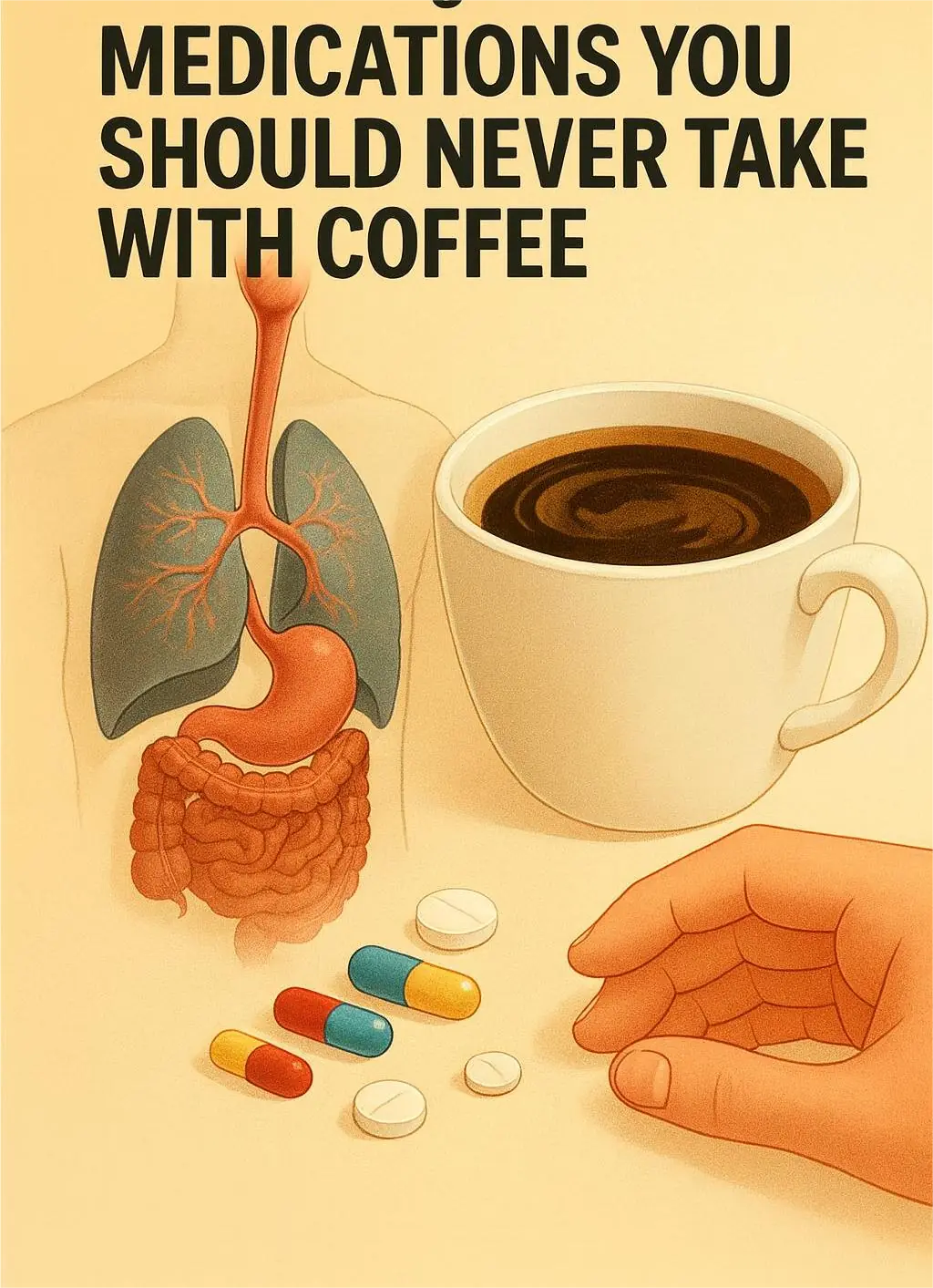
MEDICATIONS YOU SHOULD NEVER TAKE WITH COFFEE
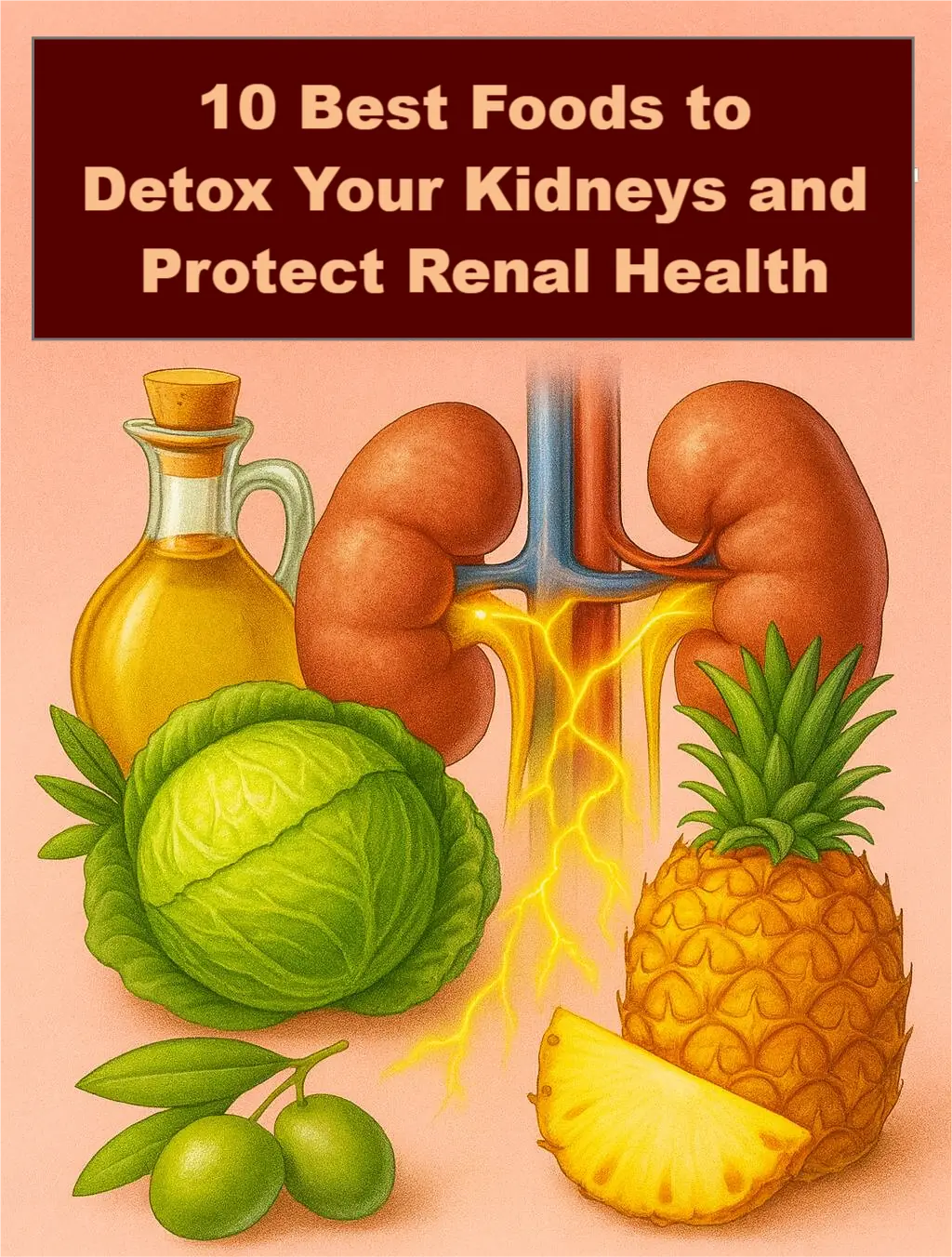
10 Best Foods to Detox Your Kidneys and Protect Renal Health
News Post

A Nearby Earth-Sized World Raising New Hopes for Habitability

How Finnish Forest Kindergartens Let Kids Thrive in Any Weather

Taiwan Researchers Develop Promising Hair-Regrowth Serum With Dramatic Lab Result

Pick the Breakfast You’d Eat

What Happens to Your Body When You Eat Canned Tuna Every Day

Why Some Children Don’t Visit Their Parents Often

The Hidden Fish Puzzle That’s Stumping the Internet

So this is what it does, here is the answer

The Hidden Details in Women’s Underwear — And What They Really Mean

Experts reveal that eating bananas in the morning cause

Why Cutting Your Own Hair Is About More Than Just Saving Money

Why Are Tree Trunks Painted White

Penguins Reject Cheaper Fish as Japanese Aquarium Tries to Cut Costs

I Thought I Found Insect Eggs Under My Bed

This is the correct way to wash grapes; washing them wrong can make them even dirtier

Emirates Airlines: A Legacy of Unmatched Safety and Reliability in Aviation

Dragon Bravo Fire: Arizona's Megafire Threatens the Grand Canyon and Beyond

The zodiac signs with a supernatural sixth sense… See now

Mussel Beds: New Zealand's Natural Solution for Ocean Health and Sustainability
